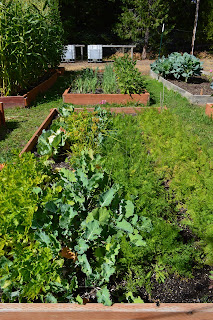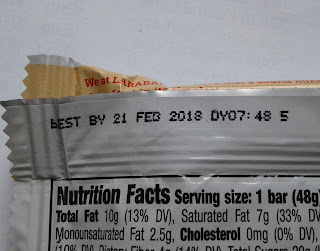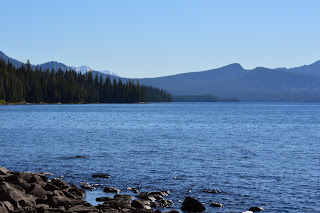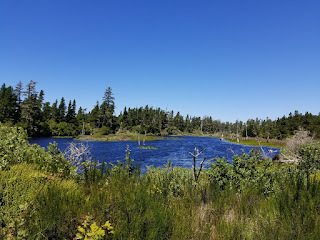Garden Maintenance

With summer in full swing and your garden in full bloom, now’s the time to maintain and enjoy the fruits of your labors. Maintaining your garden is simple: water, weed, mulch, feed, stake, and deadhead. 1. Water – only when needed Newly planted plants need more water than established plants Hand water – hold the water close to the soil - saturate the roots. Watering bags – use on trees to slowly release water into the soil Water deeply – use sprinklers for an hour or two during dry periods. Run sprinklers during the early morning, late evening or at night to avoid evaporation. Water established plants only when needed (showing signs of wilting) 2. Weed Control Hand weeding – use hand tools to remove unwanted plants Tools: garden spade, dandelion fork, hand trowel, hand hoe, hori-hori (Japanese farmer’s knife) Remember to wear gloves Compost weeds (expect those with fully ripened seeds so they don’t reestablish in your garden) String Trimmer...


